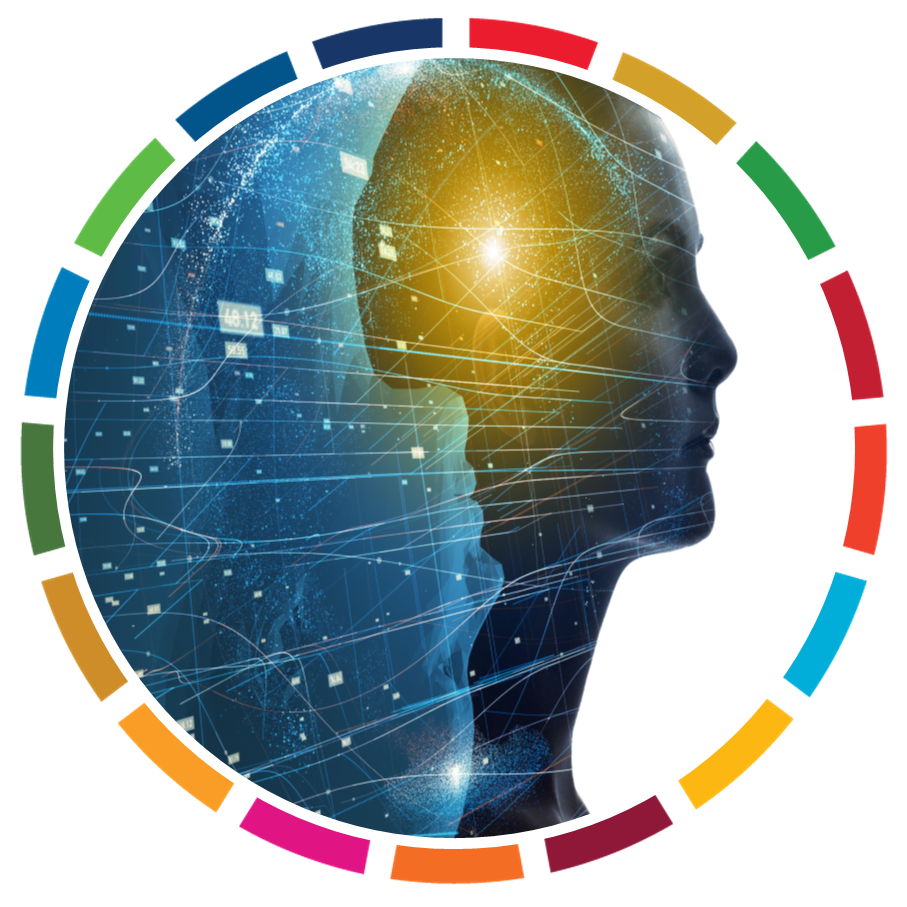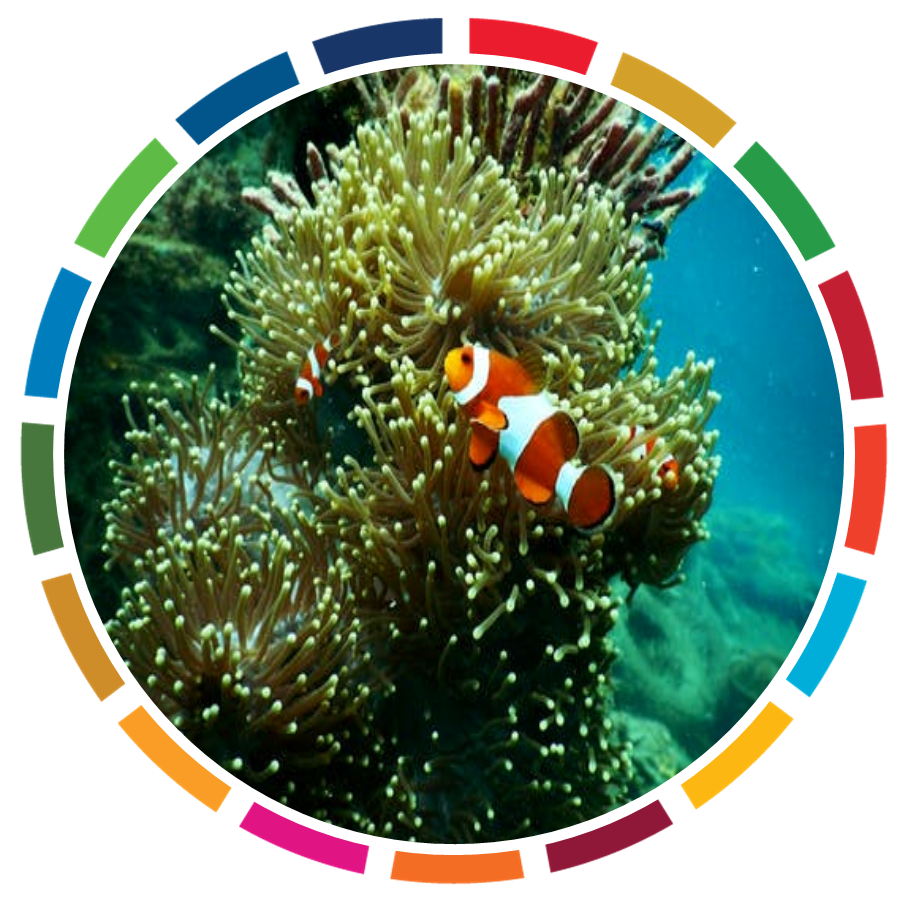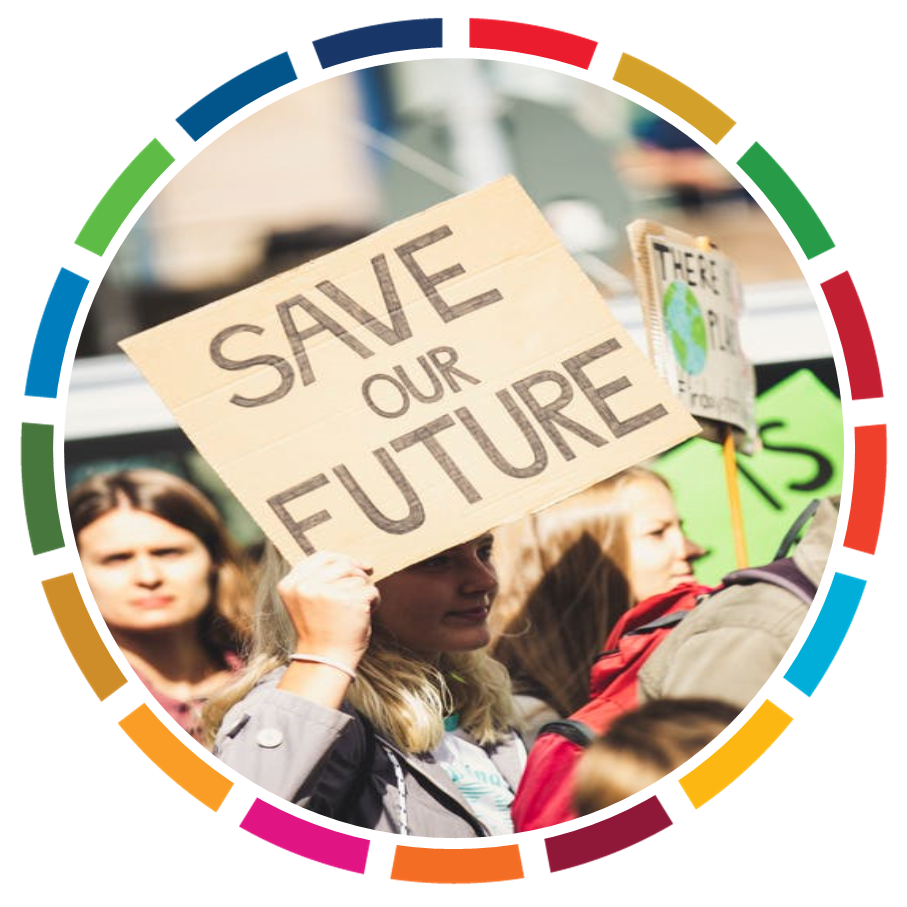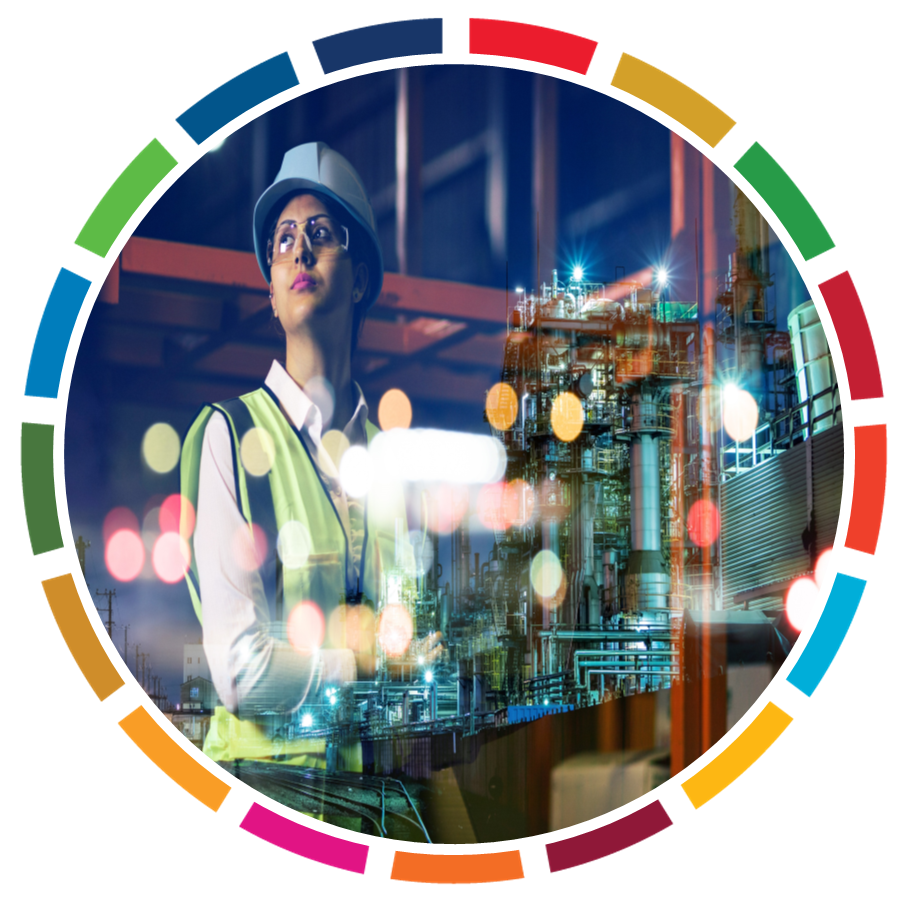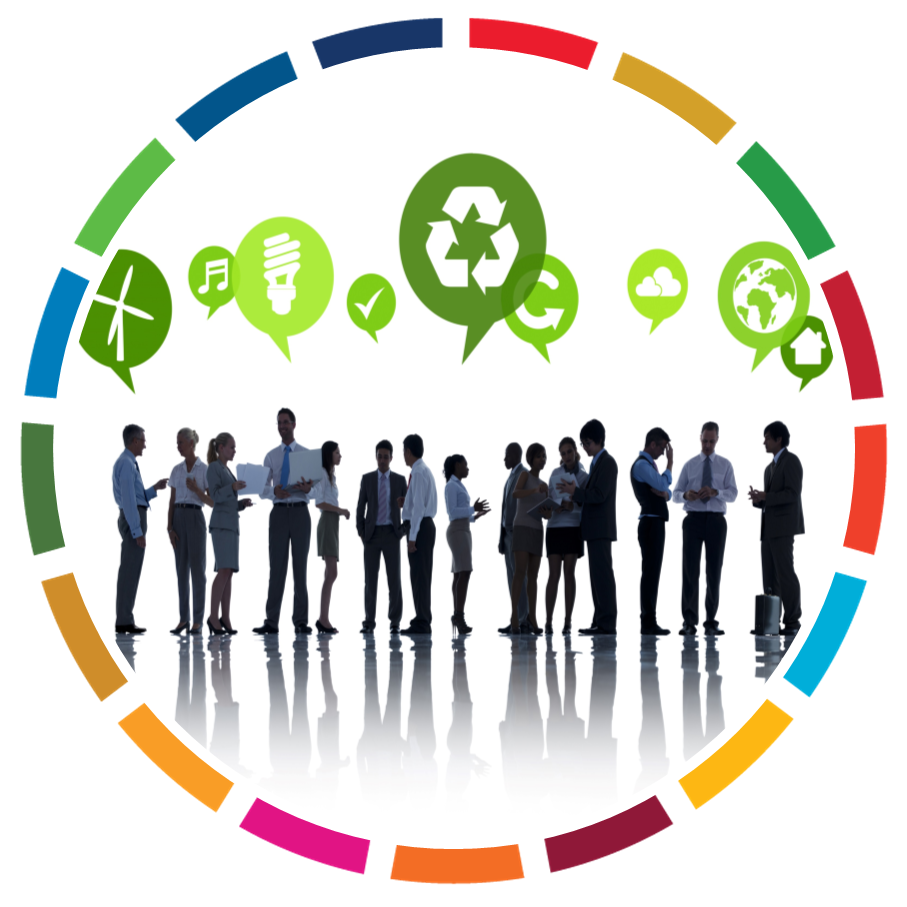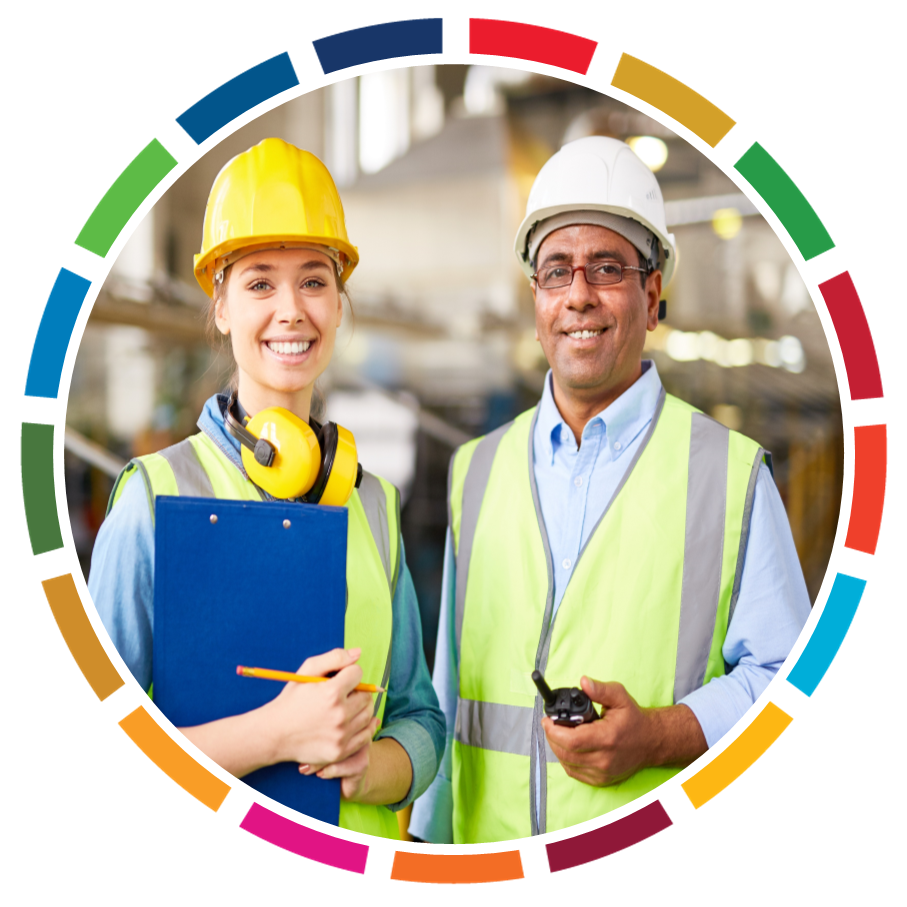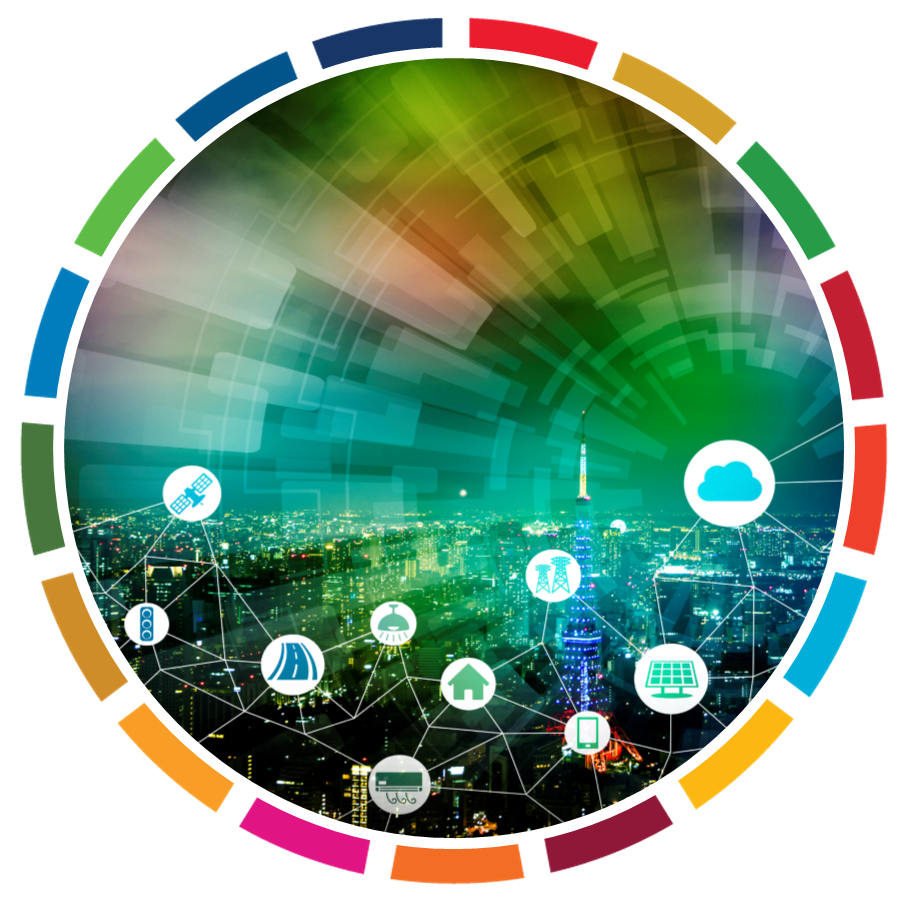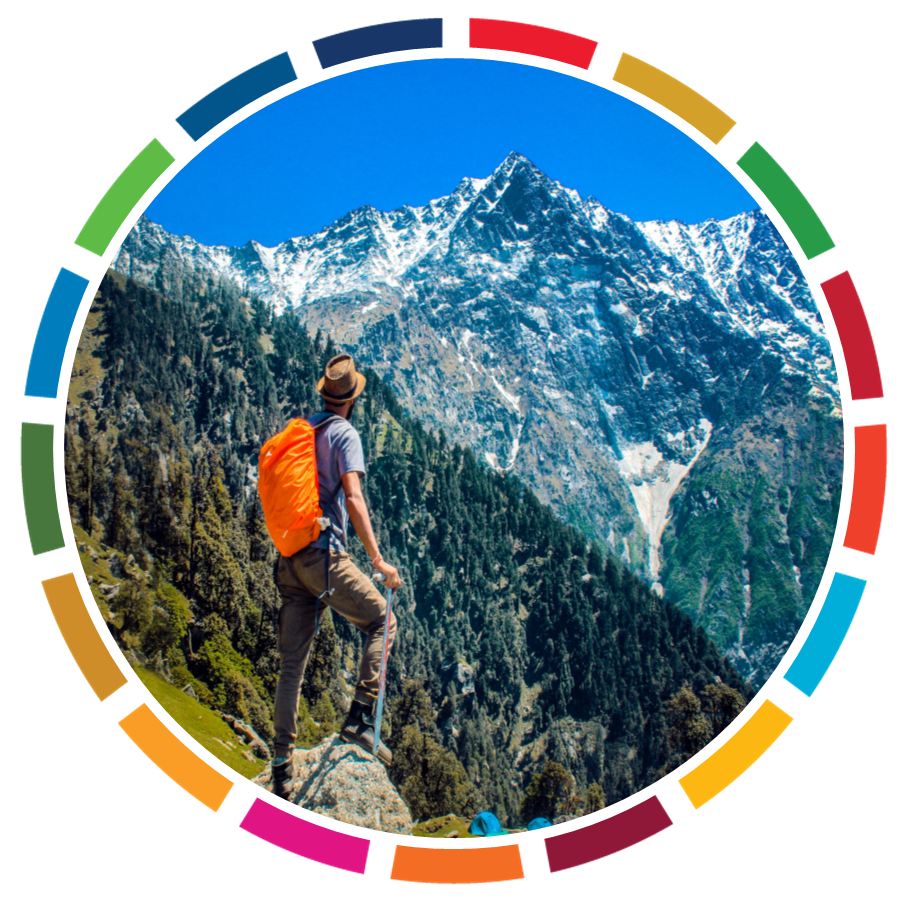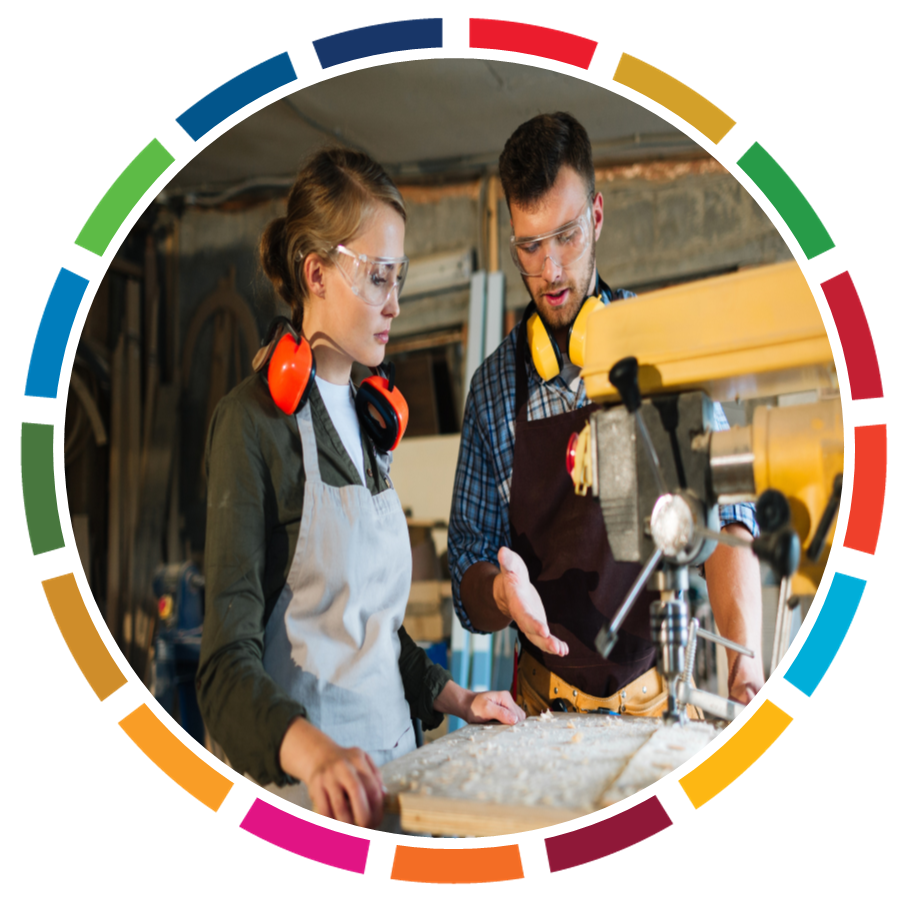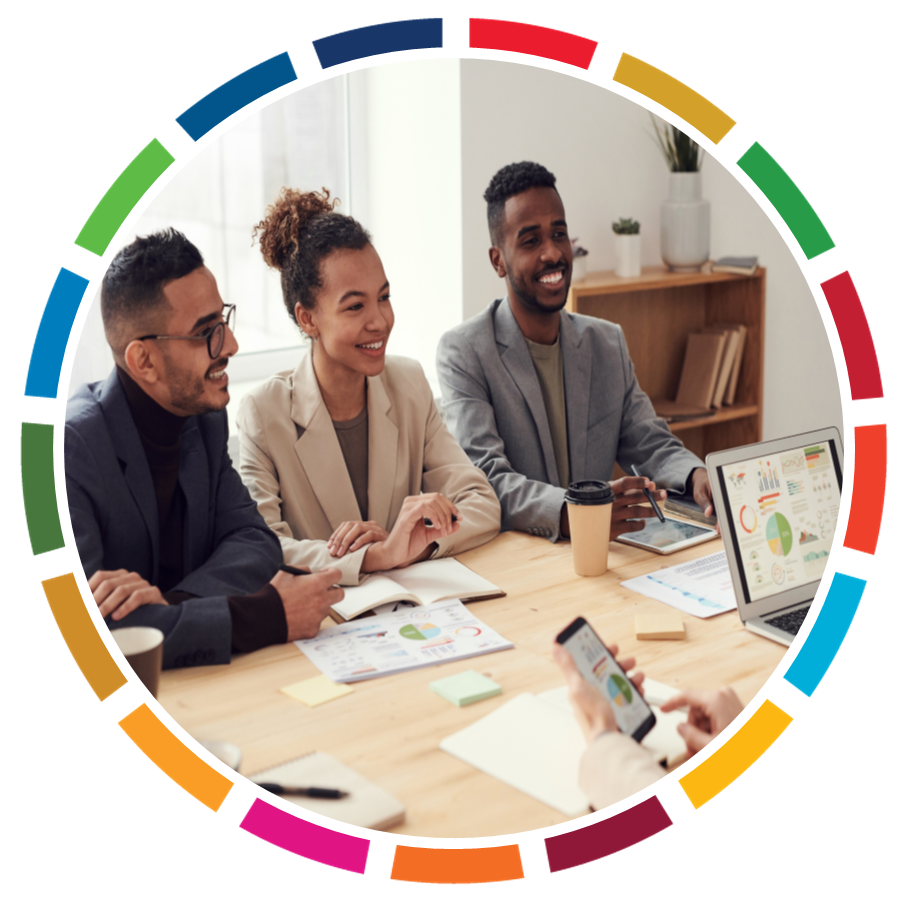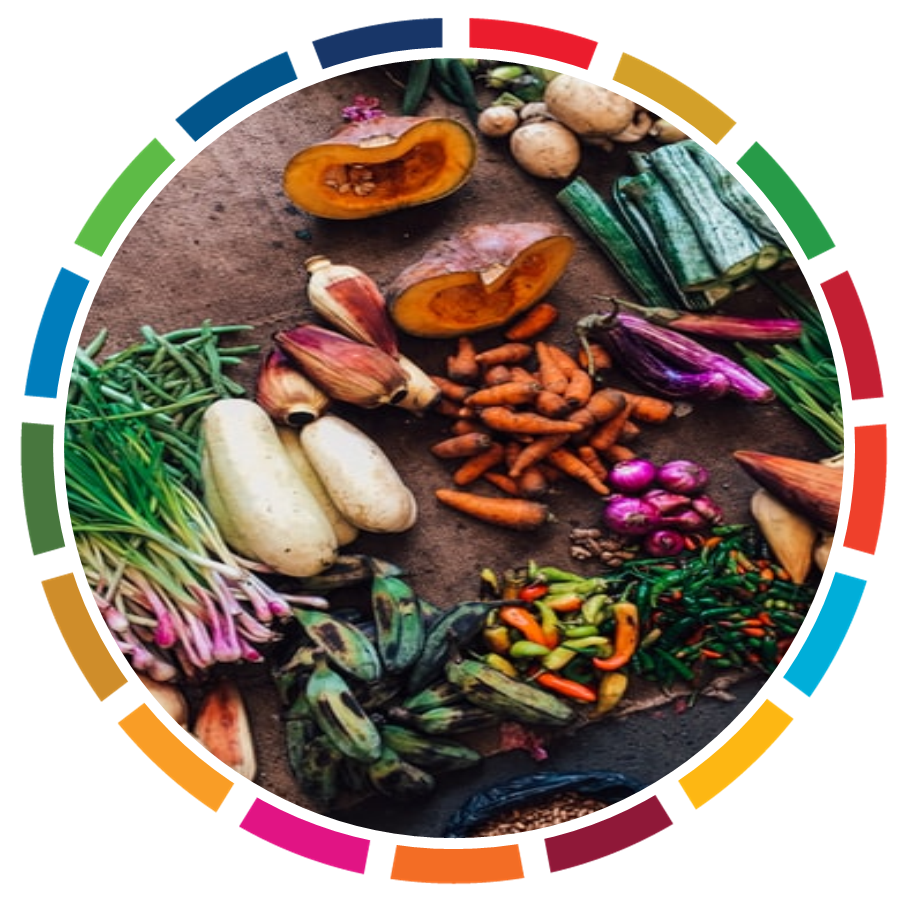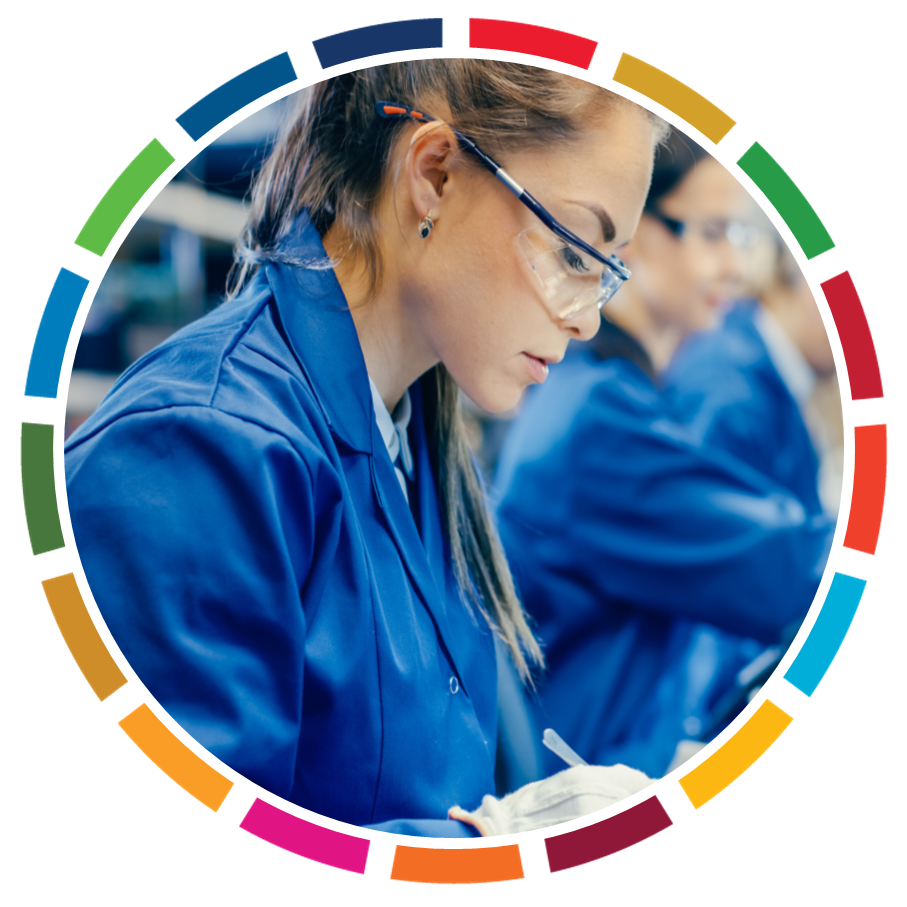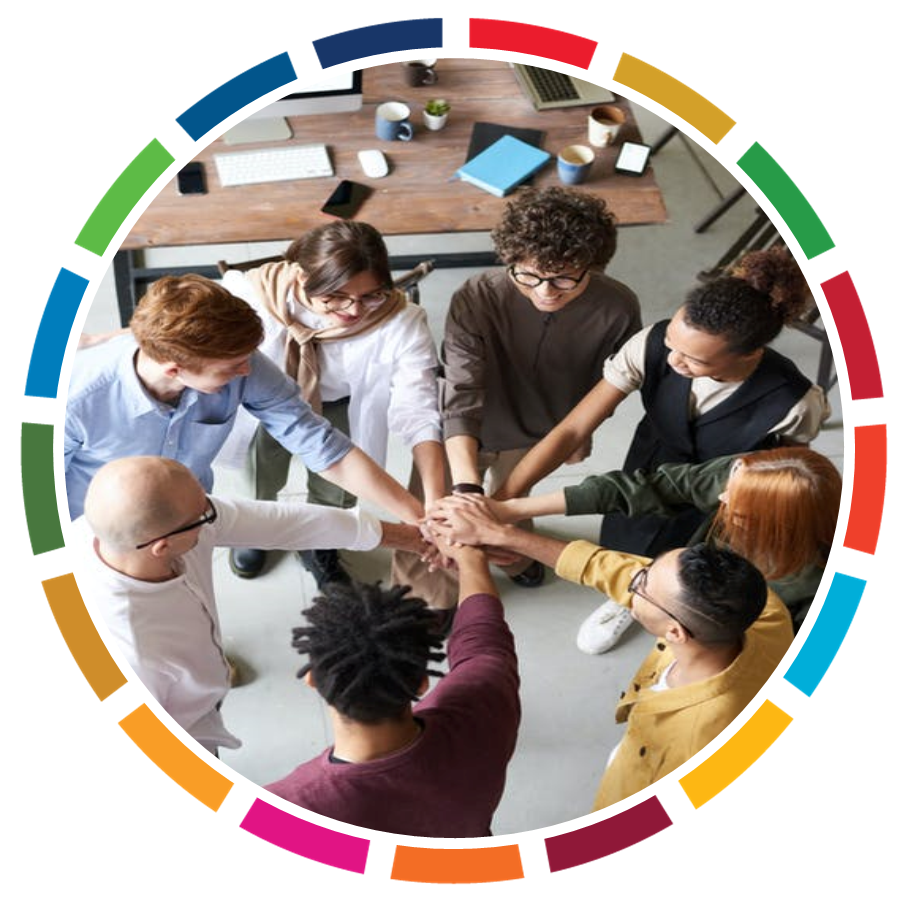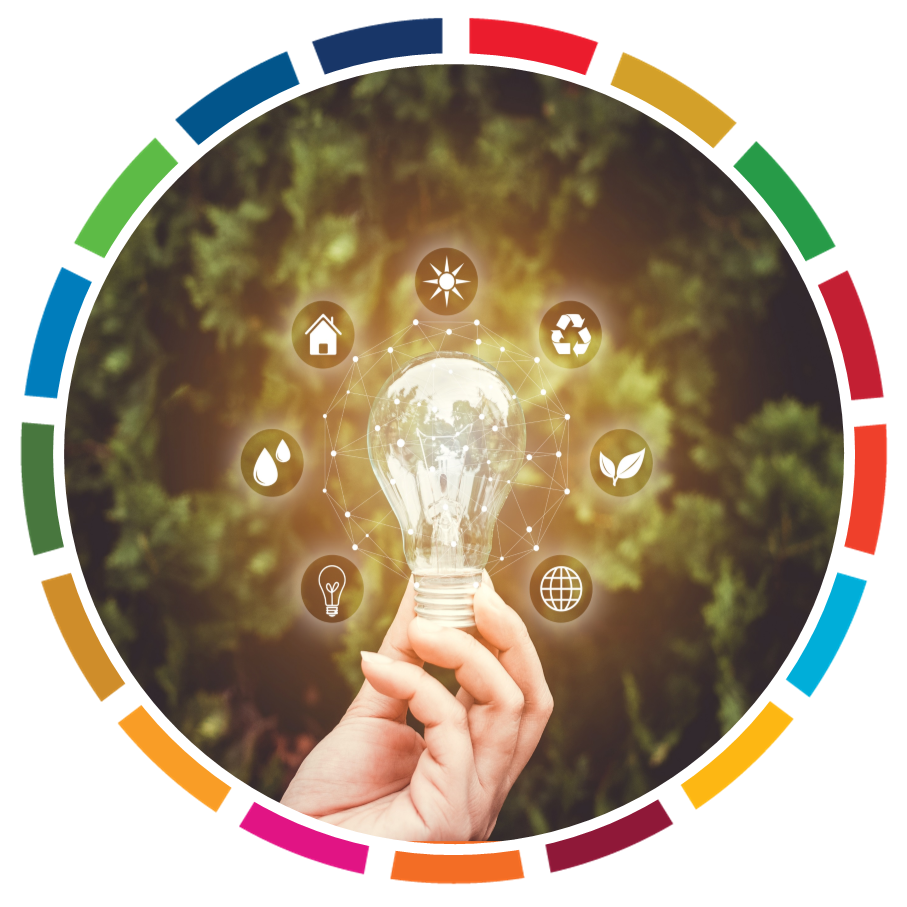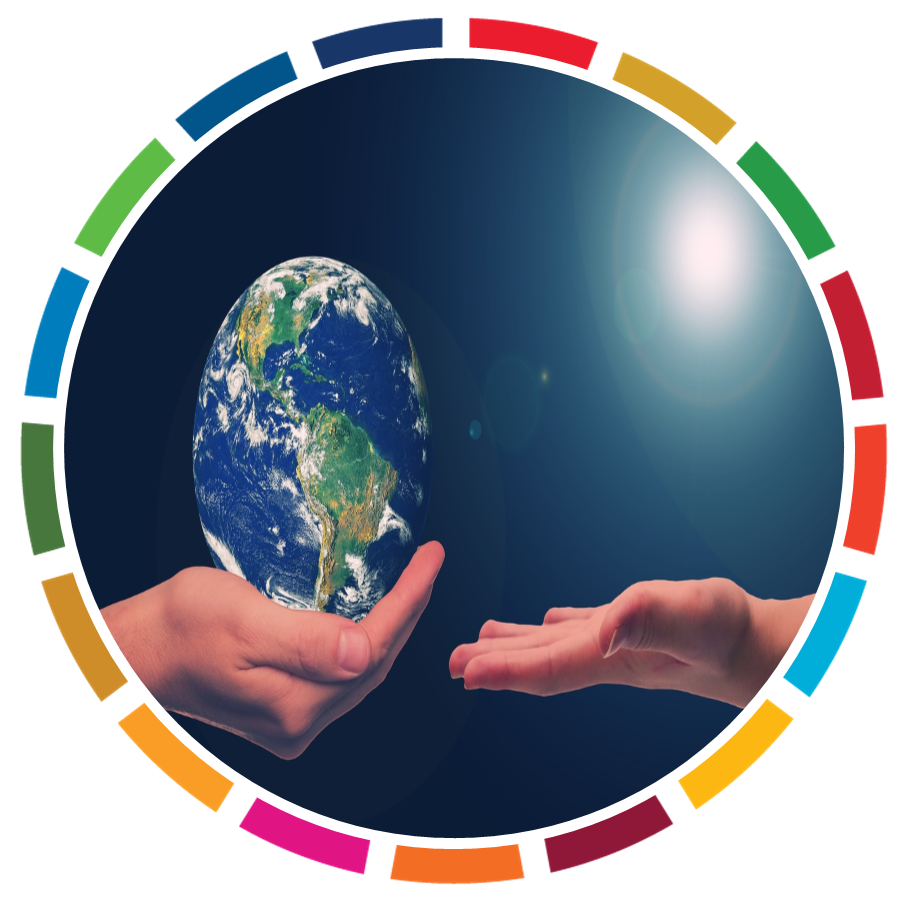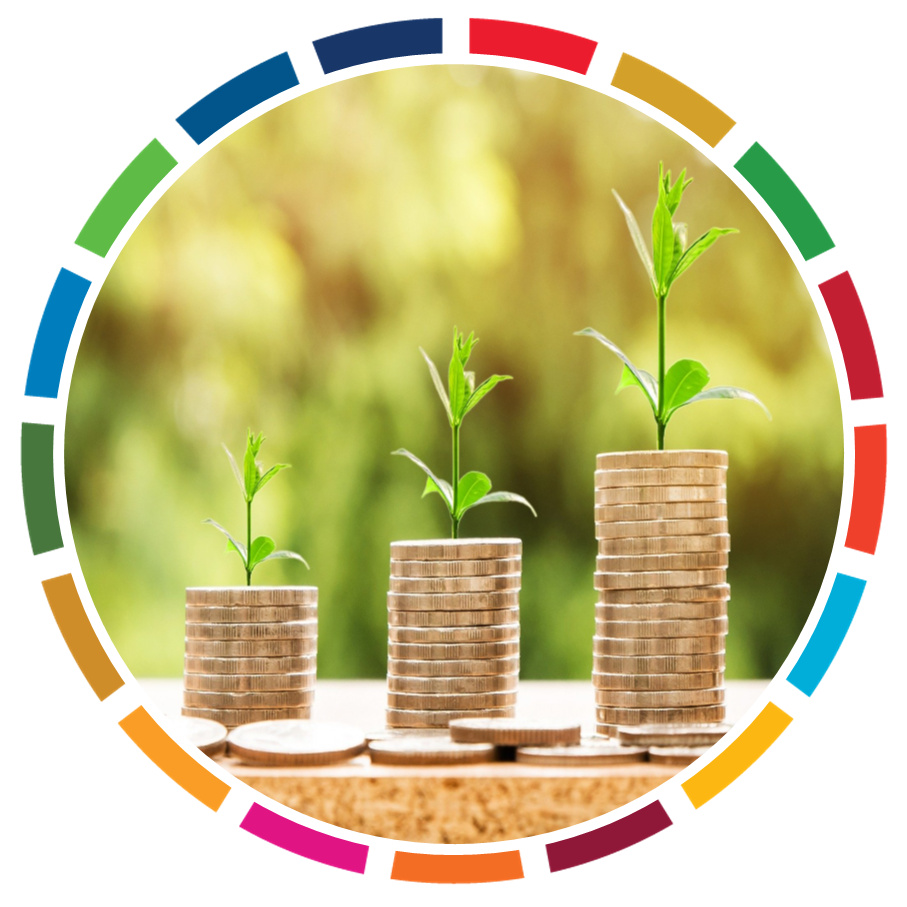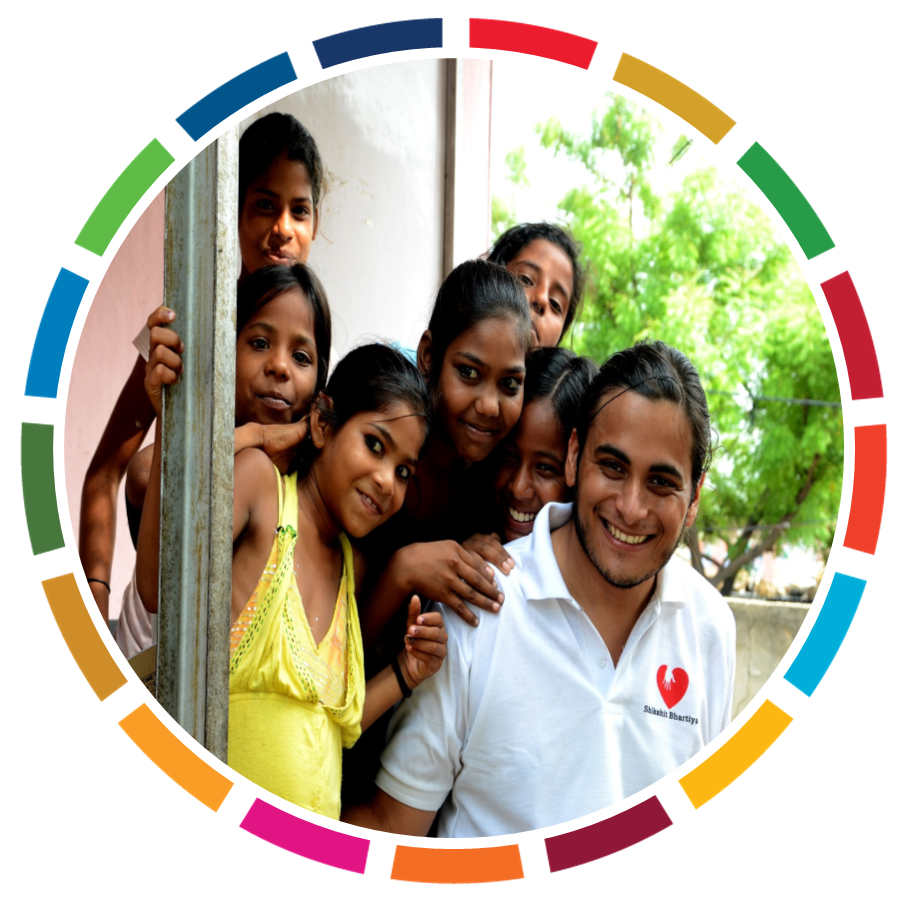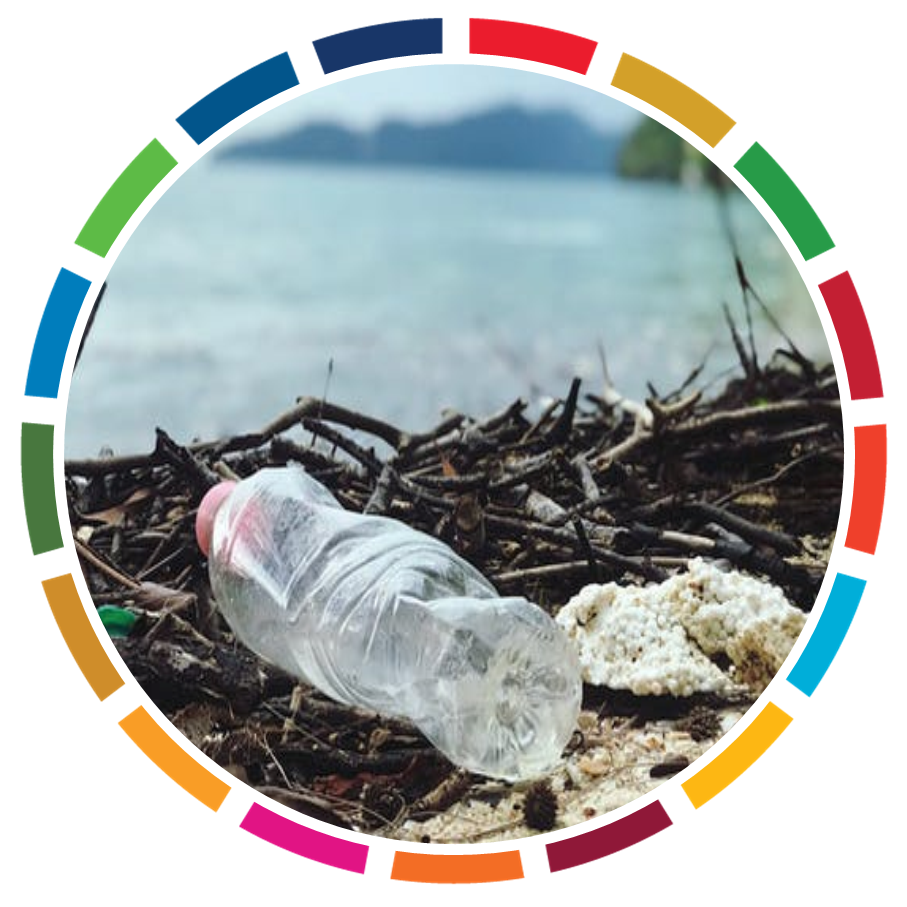Co-organised with:

WITH:
The European Commission set its ambition to ensure a just transition to a low-carbon economy already at the beginning of 2020. With the European Green Deal, Von der Leyen linked climate change mitigation to society’s transition towards more sustainable ways of working, producing, and consuming.
The COVID-19 outbreak is outlining a future with a different organisation of the workspace, of people’s work-life balance, as well as new consumption and production patterns. The need to bounce forward more sustainably and inclusively is therefore more urgent.
With the recovery plan Next Generation EU, the Commission aims at repairing the immediate economic and social damage brought about by the coronavirus pandemic, and ensuring a better future for the next generation.
In this scenario, companies play a fundamental role in ensuring an effective recovery. They can not only minimise the harmful effects of the pandemic but transition towards more sustainable and inclusive models of value creation.
The session is aimed at identifying the key social challenges posed by the coronavirus pandemic, in the three areas of:
1. Jobs and Employability
2. Consumption and Lifestyle
3. Finance, and the role of regulators, companies, and other stakeholders in ensuring a quick and sustainable recovery.
The session will include practical cases in which the challenges were overcome through innovative models and practices.
Why should you join the session?
Hear the latest updates from the European Commission on the social aspect of the economic recovery
Learn about the best practices in ensuring a just and sustainable recovery
Exchange views on what is needed to make the recovery inclusive and fair
LANGUAGE OF THE ROUNDTABLE: English
With the support of:
#SDGSUMMIT2020
DISCOVER OTHER SESSIONS
With Grace Portugal, Sodalitas, Forética, Impronta Etica, Responsible Business Forum in Poland
With the Croatian Business Council for Sustainable Development
With Wind Europe, European Aluminium, the European Textile Service Association
With the Carbon Disclosure Project and the Global Reporting Initiative
With IRMA, Deutsche Gesellschaft für Internationale Zusammenarbeit, ArcelorMittal Mining
With European Aluminium, the International Fragrance Association, Responsible Jewelry, the European Chemical Council, and Eurogas
With Copper Mark, Consumer Goods Forum, RCS Global, and the Global Platform for Sustainable Natural Rubber
With BITC Ireland, CSR Ukraine, CSR Turkey
With Responsible Business Forum Serbia and the Croatian Business Council for Sustainable Development
With CSR Hellas, CSR Cyprus and IMS Luxembourg


















